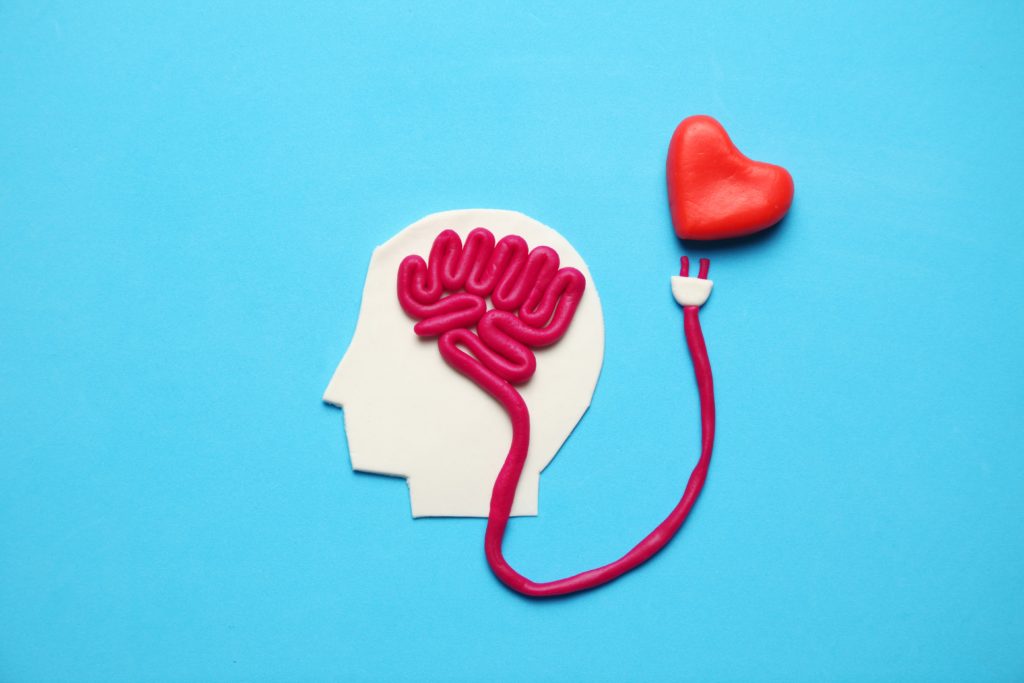Energy Enhanced: Future Opportunities in the Market
Introduction
Consumers are evaluating their health based on how they are feeling and are finding that they are not satisfied with their energy levels. Global instability, financial uncertainty and personal pressures are leading to feelings of stress, time-scarcity and fatigue.
Almost half (47%) of global consumers surveyed by FMCG Gurus said that they plan to improve their energy levels over the next twelve months. There is an awareness that low energy levels can be reflective of an overall deterioration in wellness. This links to frequent feelings of fatigue with the possibility of longer-term ill health. As a result, this means that improving energy levels is central to improving both immediate health and for healthy ageing.

From short-term fix to sustained energy boost
When looking for a “quick fix” consumers may turn to products that are high in sugar. These products can also be lacking in nutritional value. This contributes towards the perceptions that “traditional” energy boosting products can conflict with overall wellness goals. In addition, this also contributes to the idea that short term solutions may have unpleasant side-effects.
To counter consumers’ concerns, brands must provide reassurance that sources of energy are safe and natural. This is an opportunity to create products that provide a clean and sustained energy lift without additives or added sugar.
The need for fragmentation in the energy market
FMCG Gurus research shows that consumers have different metrics for measuring their energy levels and a range of motivations.
For example, one third of global consumers measure their energy levels by their cognitive function. For consumers experiencing symptoms such as brain fog, energy drinks with ingredients targeted towards improving focus will appeal.
Prioritizing a back-to-basics approach
Improving sleep health is central to a back-to-basics approach. Many consumers are adopting this approach toward their health over the next twelve months. For the energy market, this means that clean energy products must not be seen to interfere with sleep patterns. The inclusion of ingredients that help to reduce stress and promote feelings of calm, focused energy will be particularly appealing.

A quarter of global consumers have turned to exercise in a bid to improve their sleeping patterns over the next twelve months. As consumers may feel tired when trying to exercise more, there will be an interest in products that can offer a clean and sustained energy boost that facilitates exercise.
This means that there will be an increase in active nutrition consumers taking a proactive approach to their health, looking for functional clean energy products, for example containing protein, fibre and electrolytes, which support physical activity.
Opportunity for innovation
As consumers continue to make the link between energy and overall health, they will expect the next generation of energy boosting products to offer clean, sustained energy alongside tailored, targeted functional benefits that fit their particular lifestyle and health goals. This is an opportunity for development in the energy market to address legacy issues whilst supporting consumers with their health and well-being goals.






